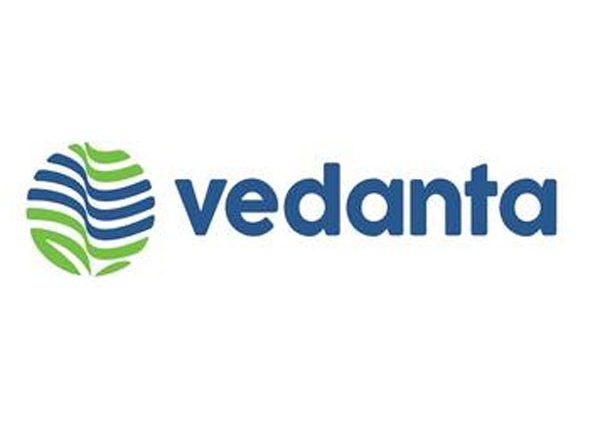Signs declaration on climate change by pledging to move towards `carbon-neutrality’
Bhubaneswar (Kalinga Voice): Vedanta has made significant improvements in environmental, social and governance (ESG) performance with its Dow Jones Sustainability Indices (DJSI) ranking in the metals and mining sector having risen to #12 this year, as against #21 in 2019.
The company’s sustainability ranking shows a three-year trend of continuous improvement. The percentile improvement is 86 per cent this year compared to 70 per cent in 2019 and 60 per cent in 2018.
Vedanta is ranked #2 in the metals and mining category in the Asia Pacific region this year, as compared to #7 last year. Reflecting the Group’s strong commitment to do business in the most sustainable way, Hindustan Zinc topped the sustainability rankings in the Asia Pacific region, while its overall DJSI ranking this year stood at #8.
The DJSI are float-adjusted market capitalization weighted indices that measure the performance of companies selected with ESG criteria.
Vedanta’s DJSI score this year has improved to #66, compared to #51 last year. The company has reported big improvements in its ratings in critical areas, including human rights, social impact on communities and water-related risks. The company’s DJSI score on human rights has risen sharply from 20 to 73 since last year, while on the social impacts on communities, the company’s score has improved from 47 to 89.
In biodiversity, Vedanta’s score increased from 38 to 79, while in case of risk and crisis management, the company’s score improved from 32 to 66. In climate strategy, the DJSI score rose to 73 this year as against 40 in 2019.
Dow Jones Sustainability Indices, which evaluates the sustainability performance of the world’s largest companies, has given Vedanta 100 per cent score in materiality, environmental reporting, water related risks and social reporting.
Commending the company’s leadership teams for the improvement in sustainability performance, Vedanta Chairman Anil Agarwal said: “We remain committed to our vision of “Zero Harm, Zero Waste, Zero Discharge” and will continue to operate under the highest standards of corporate governance and deliver value to all our stakeholders. Vedanta is well-positioned to create an impact not just for ourselves but also for the communities, regions, countries and industries where we operate.”
Meanwhile, in a major step to lower greenhouse gas emissions, Vedanta has joined hands with the government to sign a declaration on climate change by voluntarily pledging to move towards `carbon-neutrality.’
Vedanta signed the declaration, along with more than twenty top private companies, which have aligned themselves with India’s commitment under the Paris Agreement. The mission is to take the country to net zero emission goal through specific emission measures, including promotion of renewable energy, enhanced energy efficiency, water efficient processes, green mobility, planned afforestation and waste management & recycling.
The Vedanta Group, comprising sector leaders including Hindustan Zinc Limited, Cairn Oil & Gas, Vedanta Aluminium, Sterlite Copper, Sesa Goa and ESL have deployed world-class sustainability measures across each of its operation sites. This has resulted in multiple awards and recognitions spanning interventions in key areas such as community development, water management and safety protocols.
Vedanta aims to deliver growth and long-term value while upholding sustainable development through its diversified portfolio of large, long-life and low-cost assets. The sustainable development agenda is built on four pillars – Responsible Stewardship, Building Strong Relationships, Adding and Sharing Value, and Strategic Communications – which are developed in line with UNGC’s 10 principles, United Nation’s SDGs and standards set by International Finance Corporation (IFC), ICMM and OECD.
The Sustainable Development Model provides the organisation with a robust structure for driving future growth, advancing business outcomes and offering significant benefits to the communities. The sustainability framework enables the business units to adopt sustainable business principles into their systems and procedures. The framework comprises policies, technical standards, management standards and guidance notes across the pillars to establish clear standards, set targets for improving performance and maximise value to all stakeholders.

